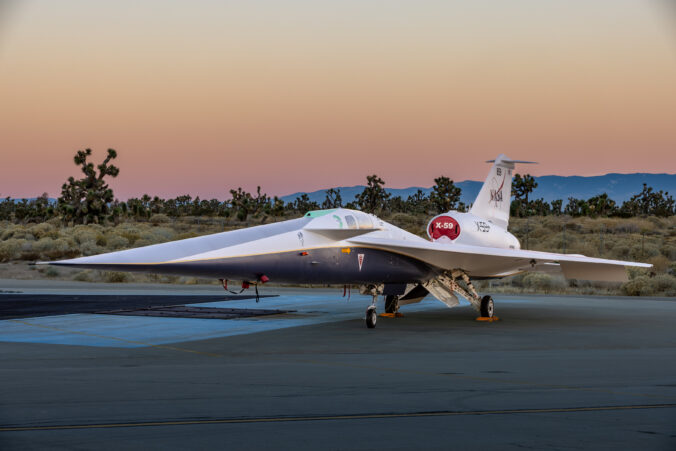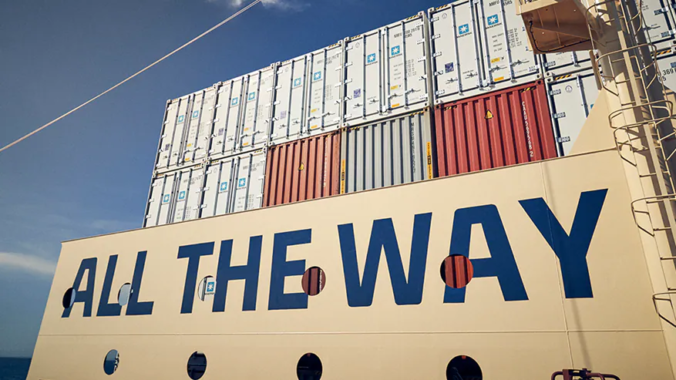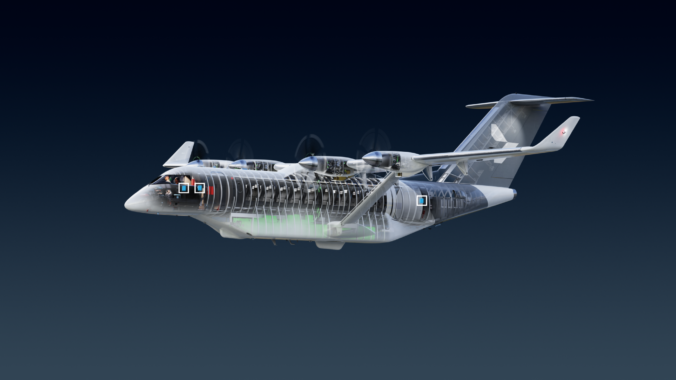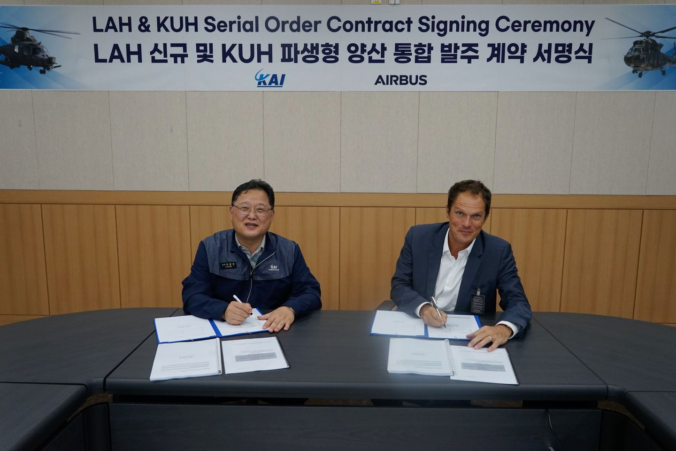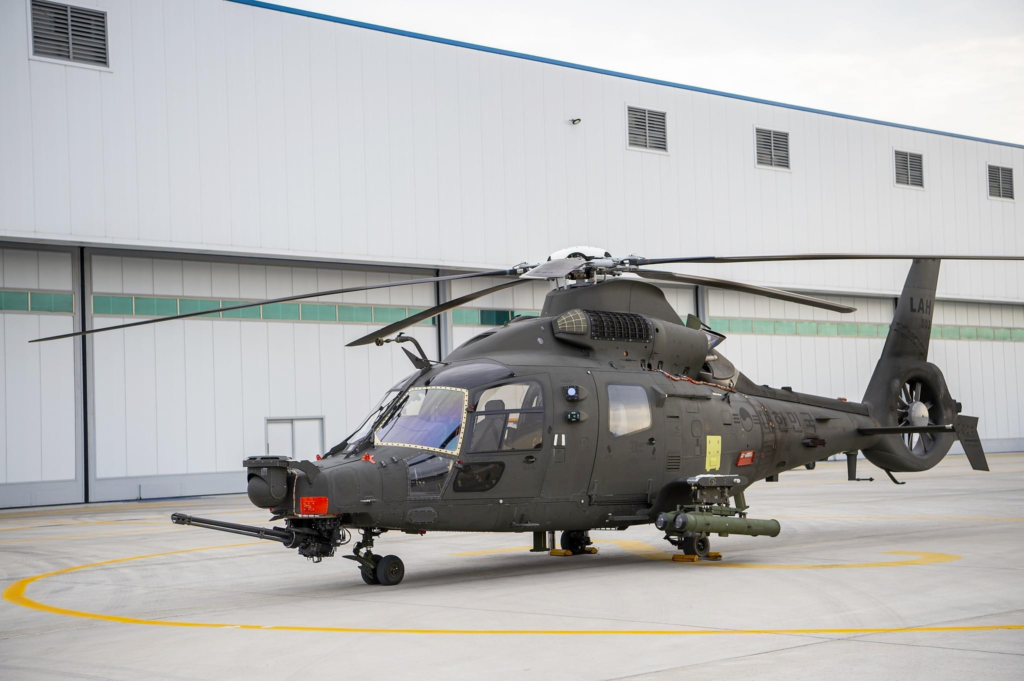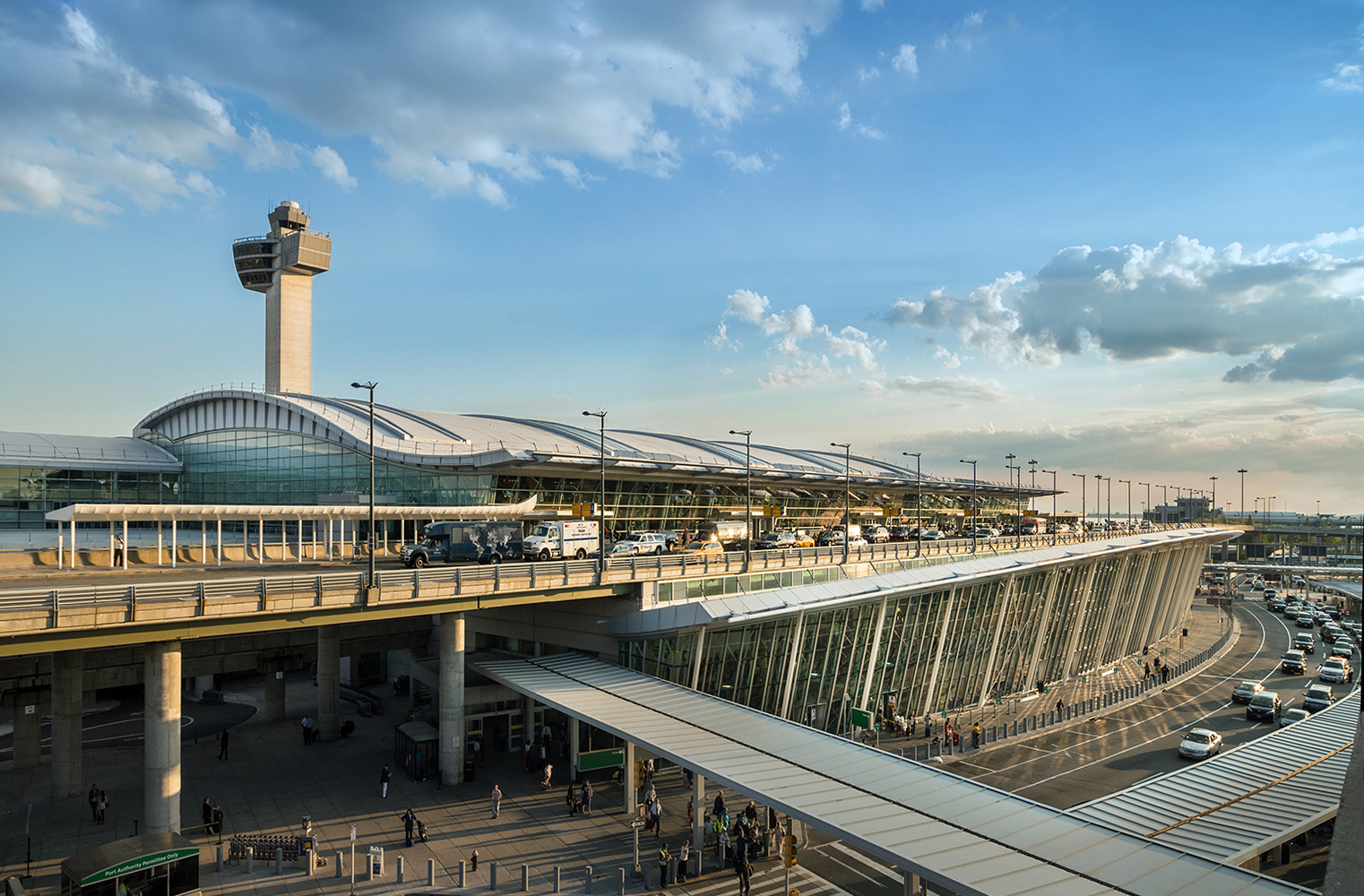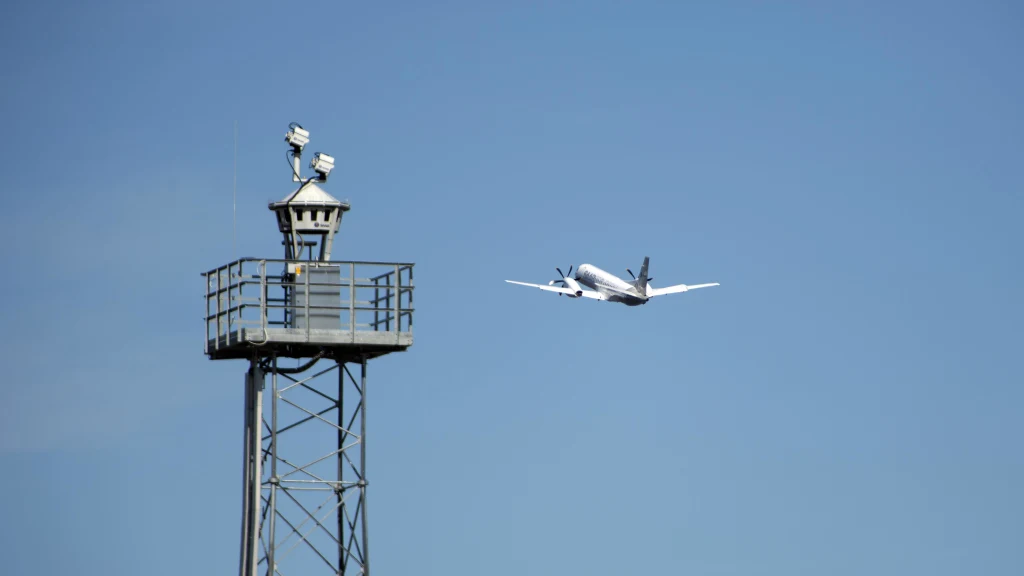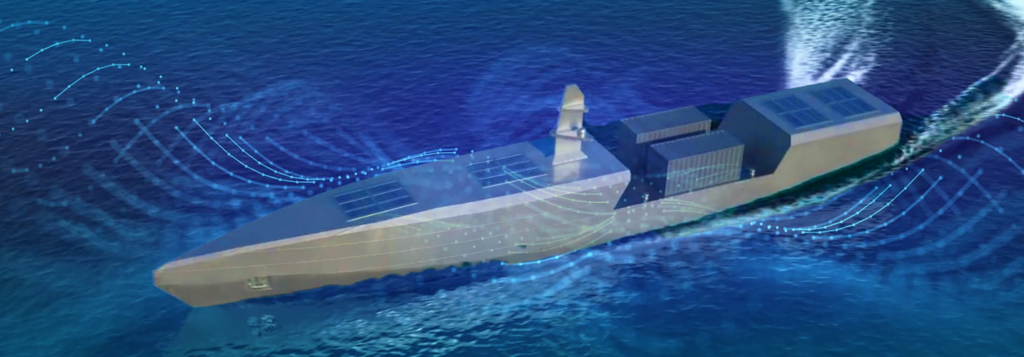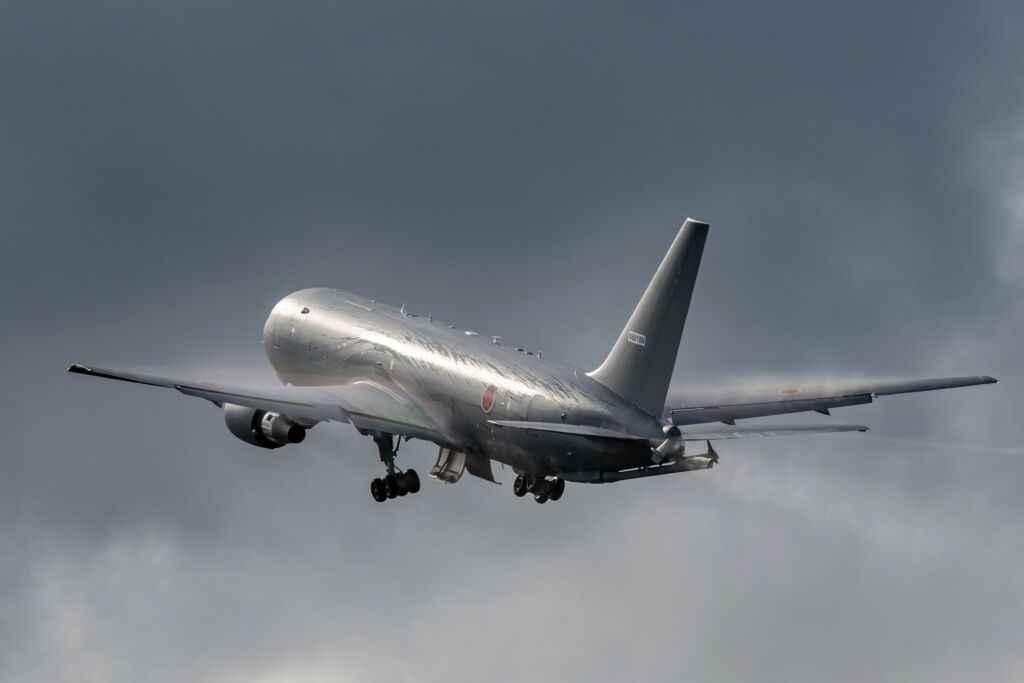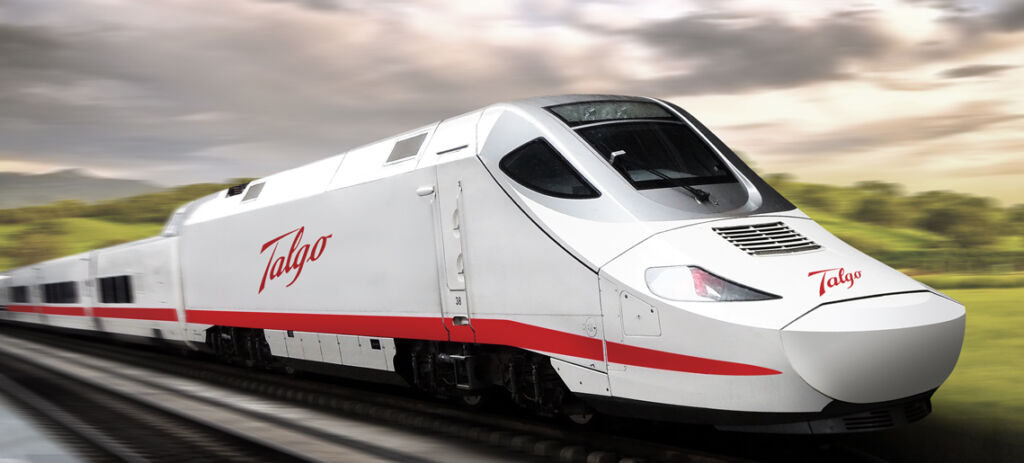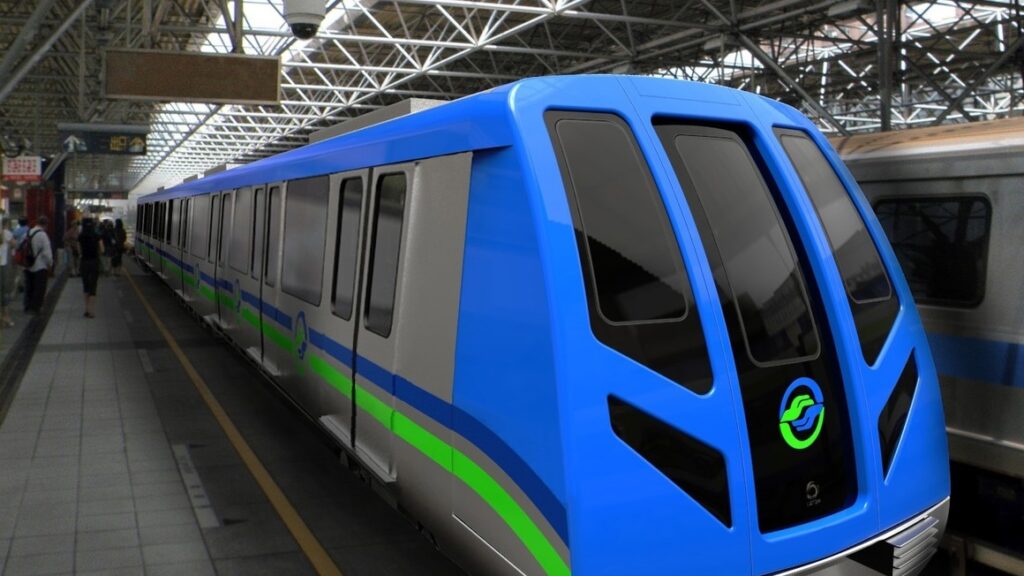Palmdale, California, January 12, 2024, PRNewswire – Lockheed Martin Skunk Works® (NYSE: LMT) rolled out the X-59, a unique experimental aircraft designed to quiet the sonic boom, at a ceremony in Palmdale, California. The ceremony marked a significant milestone in Lockheed Martin’s and NASA’s decades-long journey to solve one of the most persistent challenges of supersonic flight, the sonic boom.
Rollout ceremonies are a long-standing aviation tradition, and in the case of the X-59, it celebrated technical advancements, collaboration and innovation that stemmed from years of research, development and production of a one-of-a-kind technology demonstrator aircraft that will reduce the loudness of sonic booms to a gentle thump.
Next, the aircraft will complete ground tests including engine-run and taxi tests before its next major milestone, first flight, later this year. After the aircraft is validated in initial flight tests, it will move into the acoustic testing phase. This phase will include flights over populated areas to provide U.S. and international regulators with statistically valid data required to help approve new rules that could allow quiet commercial supersonic flight over land. This would cut commercial flight times to half of what they are today, transforming travel for people around the world.
Forward-Looking Statements
This press release may contains forward-looking statements within the meaning of the Private Securities Litigation Reform Act of 1995, including expected delivery dates. Such statements are based on current expectations and projections about our future results, prospects and opportunities and are not guarantees of future performance. Such statements will not be updated unless required by law. Actual results and performance may differ materially from those expressed or forecasted in forward-looking statements due to a number of factors, including those discussed in our filings with the Securities and Exchange Commission.
